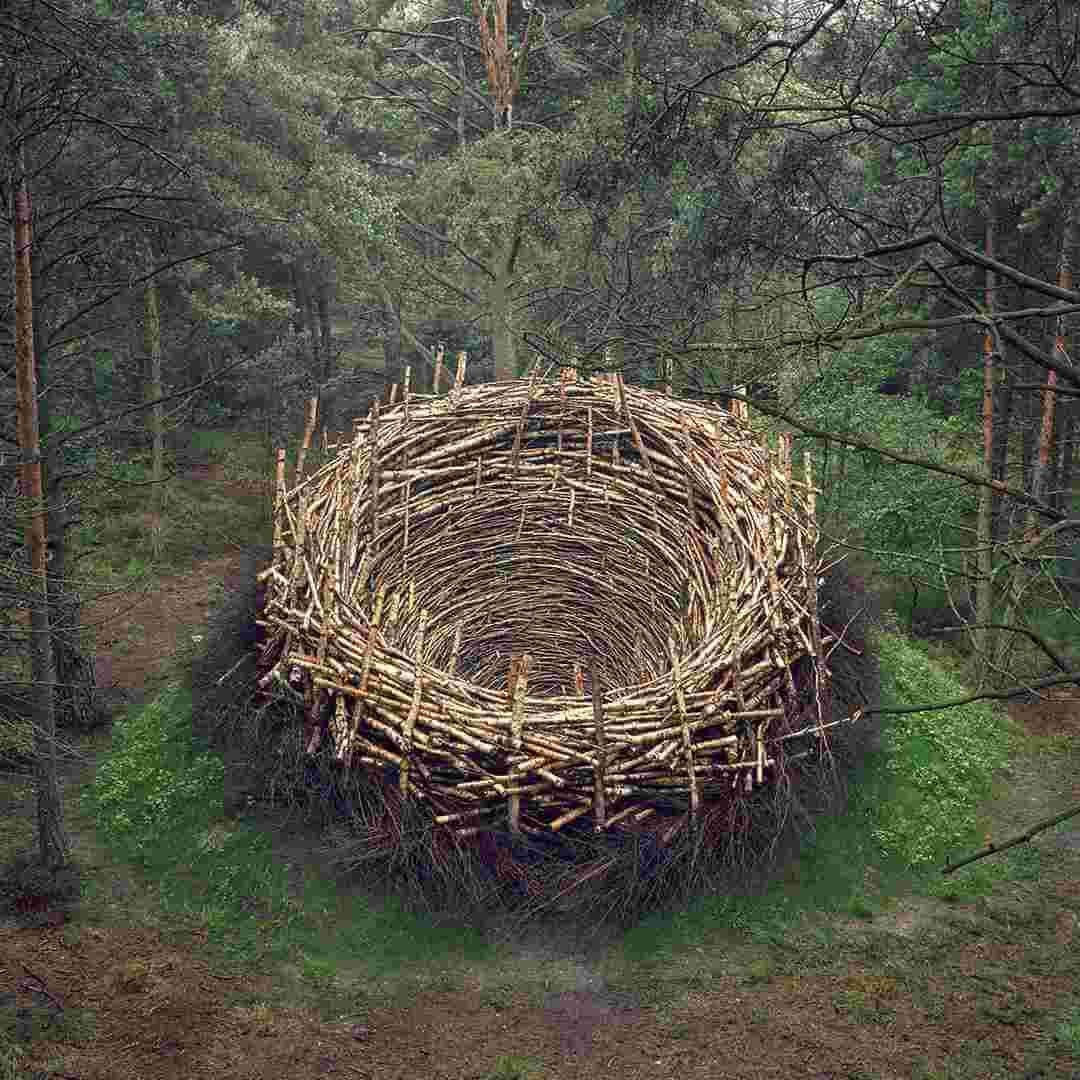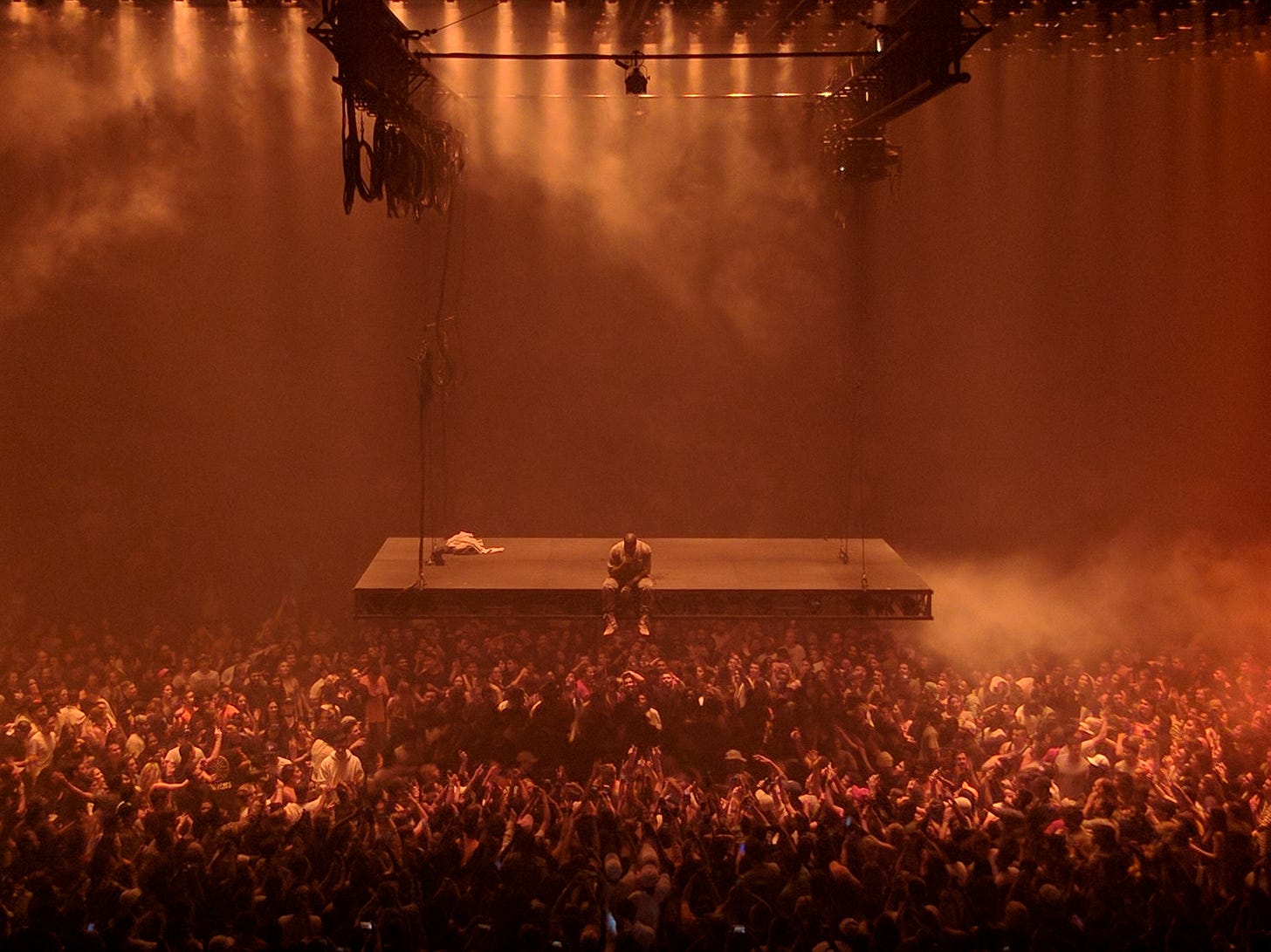Accidental Renaissance, Future Food, How to Adopt a Pet and Solar-Powered Website.
#13 of 10+1 Things

Hello!
Welcome to issue #13 of 10+1 Things.
Thanks to all the wonderful souls who bought me coffees last week!
Here are 10+1 things that I thought were worth sharing this week:
🦗 Future Food
Our conventional methods of food production such as agriculture, livestock, fisheries, etc are facing increasing risks due to extreme droughts, flooding, pests and diseases. For humans as a species to thrive in the future, it is necessary to develop a sustainable diet that is healthy and has a very low impact on the environment and food supply. According to researchers from the University of Cambridge, future food systems would be extremely modular and would be dominated by farmed insects, larvae, kelp, microalgae, and mycoprotein. These food items can be produced in large quantities very efficiently, shielded from external uncertainties and risks.
[Read more about these future food systems]
The future is near when we are eating pasta made from insect flour!
🛰 Reprogrammable Satellites
World’s first commercial fully reprogrammable satellite, Eutelsat Quantum was launched recently, marking a new era of flexible communications. Unlike conventional satellites that are hard-wired and cannot be repurposed once in orbit, these satellites can be reprogrammed in real-time based on the need. This is quite helpful as these can be used to provide mobile coverage for moving objects such as aircraft, oceangoing vessels, or coverage after a natural disaster or for one-off events. With the software available, the changes can be deployed within minutes.
[Read more about Reprogrammable Satellites]
⛅️ Solar Powered Website
Digital infrastructure accounts for nearly 4% of global carbon emissions, more than that of the aviation industry even before the pandemic. To address this issue and to create a model, Low-tech magazine has created a self-hosted version of the website which is digitally powered. The website runs on a solar-powered server located in Barcelona and goes offline during bad weather. Instead of a database-driven content management system, the website is designed simply as a basic static website to reduce energy usage.
[Check out the solar-poweredwebsite]
I've been trying to host my Digital Garden (<100KB) using a Raspberry Pi fitted with a GSM module powered by solar power, but failing due to the dynamic DNS issue. If you have experience in self-hosting websites using RPi, can you leave a comment so that we can connect?
🐶 How to adopt a pet ethically?
Adopting and caring for an animal that will depend on you for many, many years is no small feat and is a huge responsibility. Mashable has produced a step-by-step guide on how to adopt a pet ethically, to make sure that you're ready for the challenge of being a pet owner. From questions to ask yourself before buying to choosing between shelters or rescues, the guide is an excellent one if you're considering having a furry companion in your life.
[Read more on How to adopt a pet ethically]
🪥 Psychology of Toothpaste
Ben Strak from Design Lobster has written a wonderful piece on the use of stripes in toothpaste. Marketers in the 1960s introduced these stripes to psychologically reinforce the message that toothpaste serves multiple functions. Psychologically the stripes made people think that each ingredient performed functions like tackling infections, fighting cavities and freshening mouth. Apart, from psychology, the science behind how these stripes come up perfectly every time you squeeze is also interesting!
[Read more about the Psychology of Toothpastes]
👨🎨 Art in Nature

Art in Nature is an art project by German artist Nils Udo. With the use of natural materials like leaves, branches or twigs, he creates stunning artworks that transform the land into mysterious dreamlike realms. From delicately arranged petals on the surface of a pond to nests formed by twigs, the works gives us an impression that they were made by fairies or creatures of the forest. Before creating the art in nature, Udo tries to study the climate of the place and the flora present in the area. Nest is a common theme in his work, which to him represents the beginning and the end of procreation. You can read more about the project in his book or check more photos on his website.
[Check out the art series]
🌐 Story of Internet Explorer 3.0
Hadi Partovi, a former Microsoft employee and the founder of Code.org has narrated the story of how his team delivered Internet Explorer 3.0 when Netscape had a market share of 95% of the internet. He explains how the team was motivated by former leaders in Microsoft like Bill Gates, Steve Ballmer, etc and why it was the hardest working team he was ever on.
[Check out the thread]
🎞 Bird Karma
I've enjoyed watching a short film called Bird Karma by William Salazar, a dark story about a greedy bird who learns his lesson the hard way. The animated short film is made in the traditional hand-drawn way and does not use any CGI or rendering. The official synopsis of the movie sums it up as a tale of a long-legged bird's journey of blissful joy, inescapable greed and the accidental discovery of the consequences when too much is not enough. The animation in the film is stunning and this is a quick 5 min video that you don't want to miss!
[Check out the short film]
🖼 Accidental Renaissance

Renaissance artworks are recognized instantly owing to the dramatic composition and the striking contrast between light and dark. Accidental Renaissance is a subreddit on Reddit that showcases present-day photographs that resemble paintings of renaissance similar in composition, style and lighting. While many photos are posted for the purpose of being a joke, you can find many photographs that resemble renaissance style art and has an artistic feeling.
[Check out the Subreddit]
📚 How to Control Your Attention
I've started reading the book ‘Indistractable: How to Control Your Attention and Choose Your Life’ by former Standford lecturer and behaviour designer Nir Eyal. Through a four-step research-backed model, the book explores the secrets for getting the best out of technology eventually allowing you to control your time and attention. I started this book as a follow-up to my research on attention diet and this is a must-read if you're struggling with productivity due to distractions. My favourite quote so far from the book is:
“Even when we think we’re seeking pleasure, we’re actually driven by the desire to free ourselves from the pain of wanting.”
🎸 We Lost the Sea
I've been addicted to post-rock and instrumental music lately and have enjoyed listening to Sydney based band called We Lost the Sea. I was listening to the album called 'Departure Songs' on loop major part of last week.
[Listen to them on YouTube Music / Spotify / Apple Music]
That’s 10+1 Things for the week.
This newsletter is free, but not cheap. It takes a lot of effort and time from my end (7~8 hours) to deliver this newsletter every week. You can help me in keeping it going by forwarding it to someone you like, leaving a testimonial, buying me a coffee ($1 or ₹75), sending me some crypto, visiting my blog or following me on Twitter.
See you next week!
With Love,
Rishi
Quote of the week: "A bookstore is one of the only pieces of evidence we have that people are still thinking"
— Jerry Seinfeld
Moving forward, one out of 11 stories featured on 10+1 Things will be selected from interesting stories submitted by the readers of this newsletter. If you have an interesting story or article to share, please use this form or reply to this email. Every featured story will be credited with a shoutout!


